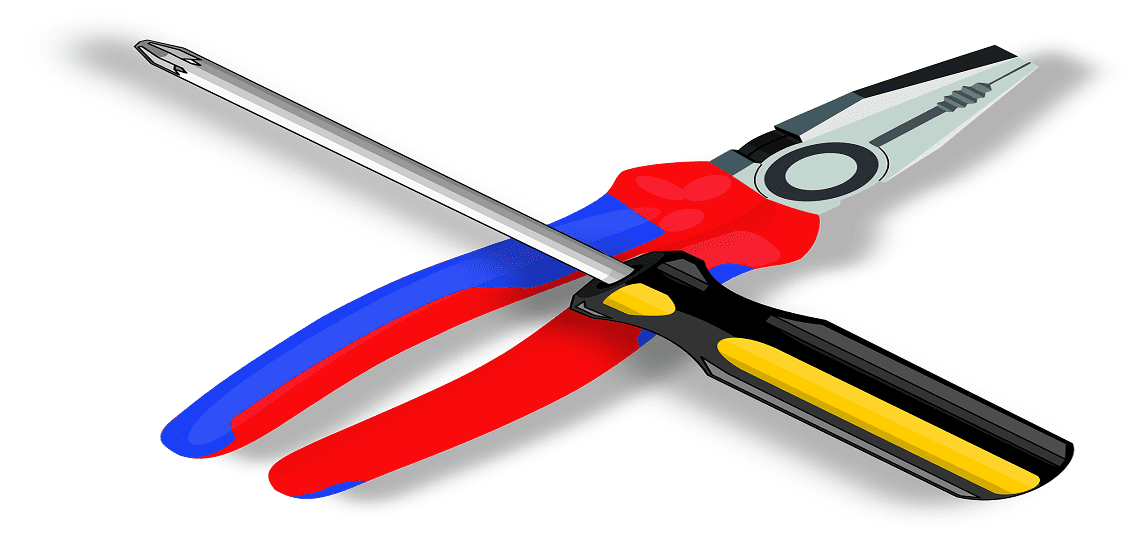Recently I was approached by a community college administrator about working with them to improve some of their processes. As I read her request one of the things I noticed was she wanted to know what other community colleges had I worked with to improve their processes. In my mind, it doesn’t make a difference if you worked with other community colleges at all because process improvement doesn’t differentiate as to industry or organizations.
I enumerated to her the breadth of my process improvement experience and asked if it made a difference if it did not include community college organizations. To which she responded that it did not make a difference. I said, “you should consider yourself a forerunner because I don’t know of many institutions of higher learning willing to look at improving their processes.” I mentioned to her that I teach at one these institutions and have tried numerous times to get them to look at some of their critical processes as a means of reducing costs, increasing efficiency and becoming more customer(student) centric.
The point I am trying to make here is that continuous process improvement has no boundaries. The tools and concepts you use to improve a manufacturer or service provider processes are time-tested and proven. They are the same tools and concepts you use to improve the processes of an institution of higher learning.
Process improvement originated in the improvement of manufacturing and distribution operations of large business enterprises. Up to now few have considered that the lessons learned in manufacturing and distribution could be applied to the activities in any organization. In fact, process improvement can be applied to virtually every act that every person does. It also pertains to every activity that people do collectively in teams, groups, or organizations.
Process improvement is in no way limited to manufacturing or distribution of products. Service industries like healthcare, fast food, banking, and so on can benefit from the continuous process improvement methods applied in manufacturing. Literally, process improvement has no boundaries.
The continuous process improvement methodology is a systematic approach you can use to make incremental and breakthrough improvements in your processes that produce products and services for your customers. By taking a detailed look at your processes and discovering ways to improve them you will experience faster, better, more efficient, or cost-effective ways to produce your product or service. It involves breaking down walls and barriers between departments, functions, and parallel activities within your organization to form cohesive work teams. Processes slated for improvement must be understood in depth and their boundaries clearly defined.
Organizations should disregard this notion of uniqueness and open their minds to the possibilities of using these time-tested and proven continuous process improvement methods regardless of their origin. The goal is to adapt the tools to your organization not adopt them. It is exasperating sometimes to get organizations to think “adapt” not “adopt.” If they are in the adopt mode, then their thought process is “that won’t work in my organization.” How many times have you heard service providers say, ‘Lean, that is a manufacturing concept it won’t work in my business.” Yet today many service providers have implemented Lean and have experienced unprecedented cost reductions and efficiency increases.
So, keep this in mind when you are considering improving the processes in your organization-process improvement knows no boundaries because all work is a process whether it is enrolling students or making widgets.
About
Willie L. Carter is the president and principal of Quantum Associates, Inc., Northbrook, Illinois. He is the author of the book “Process Improvement for Administrative Departments- The Key to Achieving Internal Customer Satisfaction”, available on Amazon.com. Carter is a Certified Lean Sensei, Certified Manager of Quality/Organizational Excellence, and a Certified ISO 9000 Lead Assessor. For more information on how we help companies optimize their processes please visit our website at http://www.quantumassocinc.com. For a free copy of his operational excellence newsletter contact him at [email protected] or by phone at 847-919-6127.









































